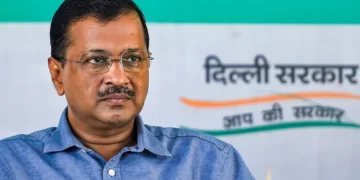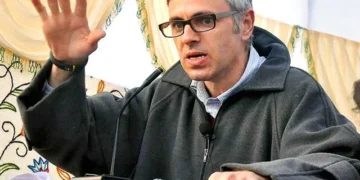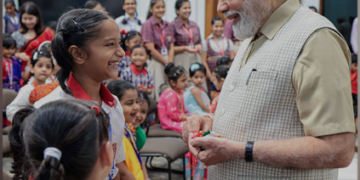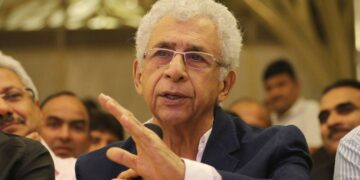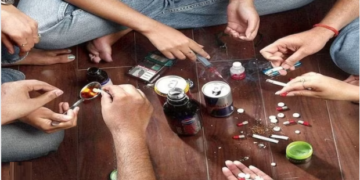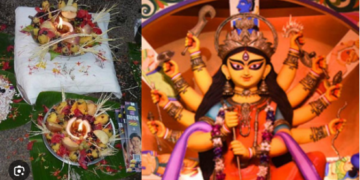November 14 is celebrated as Children’s Day in India whereas the United Nations declared Universal Children’s day on 20 November, on which it is celebrated throughout the world.
Children’s Day is celebrated as a tribute to Nehru. Nehru, fondly called ‘Chacha Nehru’ was born on November 14, 1889. He was known for his affection for kids. He also established Children’s Film Society India in 1955 to create indigenous cinema exclusively for kids.
Facts
Following suit with the rest of the world, India used to celebrate Children’s Day on 20 November itself earlier, until the demise of an eminent freedom fighter and the first Prime Minister of India, Pandit Jawaharlal Nehru.
An anti-colonial nationalist, social democrat, politician and author, Pandit ji was an integral part of the Indian independence movement who advocated parliamentary democracy, secularism, and science and technology during the 1950s when he served as independent India’s first Prime Minister.
He served a tenure of 17 years and shaped India’s arc as a nation. Under his tenure, the country was saved from two blocks of cold war and progressed in most arenas, specifically in education.
Jawaharlal Nehru is credited with the establishment of educational institutions of great repute, including Indian Institutes of Technology (IITs), Indian Institutes of Management (IIMs) and All India Institute of Medical Sciences (AIIMS).
COVID-19 pandemic threatens these hard-won gains, according to the latest annual Pneumonia and Diarrhoea Progress Report.
The report by the International Vaccine Access Center (IVAC) at the Johns Hopkins Bloomberg School of Public Health also stated that although overall the world’s health systems are falling short of ensuring that children have access to prevention and treatment services, India made significant progress in ensuring children receive immunisations to protect against diarrhea and pneumonia.
The report tracks progress by analysing 10 indicators from the latest available data on how countries are delivering key interventions, including breastfeeding, immunisation, care-seeking and antibiotics, oral rehydration solution (ORS) and zinc supplementation, shown to prevent pneumonia and diarrhea deaths.
An estimated 2,33,240 Indian children under five die due to pneumonia and diarrhea each year, 640 children per day, according to the report.
India’s coverage of rotavirus vaccine increased by 18 percentage points (35 per cent rotavirus coverage in 2018 expanded to 53 per cent in 2019), it stated.
Of the 15 focus countries included in the report, India is one of just four countries that exceeded targets for exclusive breastfeeding (58 per cent exclusive breastfeeding rate), IVAC said.
However, nearly every country included in the report lagged in access to treatments against pneumonia and diarrhea.
Treatment
Treatment for diarrhea had the lowest coverage in India, only 51 per cent of children received oral rehydration solution (ORS) and only 20 per cent of children received zinc, the statement said.
ORS and zinc, especially when co-packaged together, are highly effective treatments that are proven to reduce deaths from diarrhea in children, it said.
The report stated that although there was progress in India in 2019, the pandemic threatens these hard-won gains due to disruption of routine health services like immunisation and access to medical oxygen, which is used to treat both pneumonia and COVID-19 patients.


